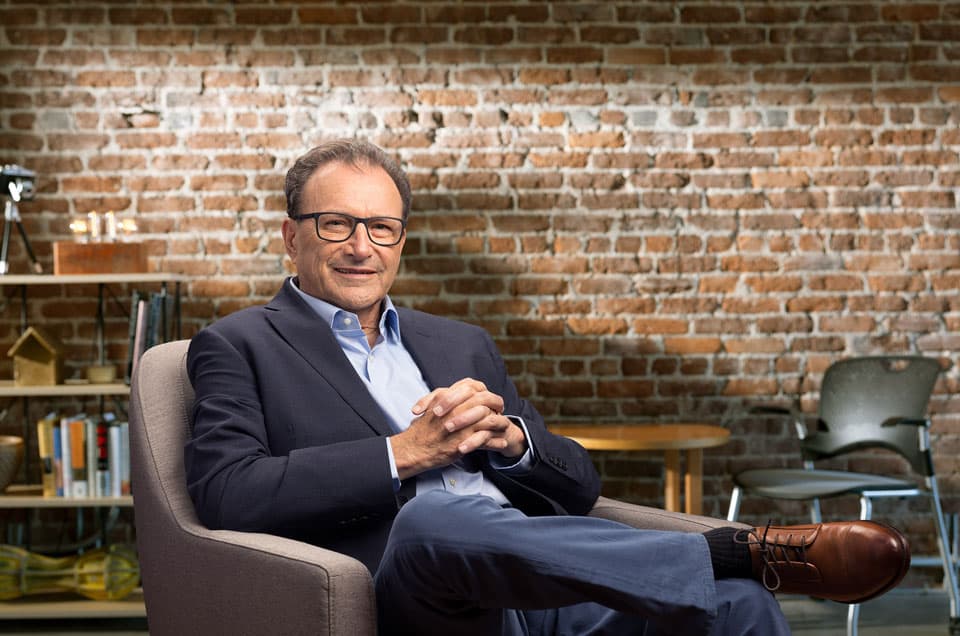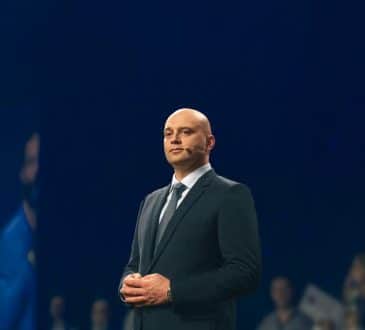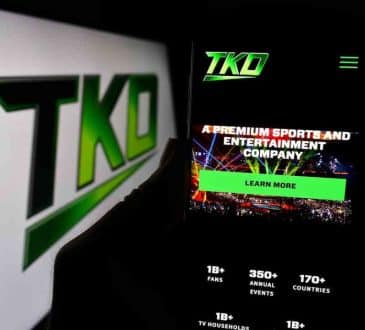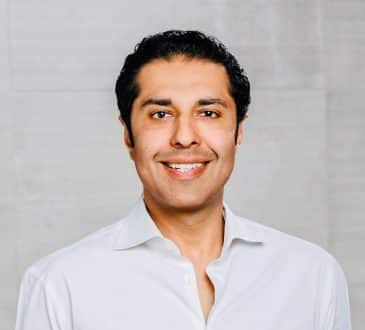Addressing Addiction Treatment in the Workplace

Human resource departments are bedeviled by the scourge of addiction. It is estimated that 10% of Americans are suffering from some form of a debilitating addictive disorder. Many millions of dollars have been spent attempting to treat valuable employees struggling with addiction, only to result in frequent and heart-breaking failures. Doctors now view addiction as a brain disease which, like diabetes, asthma, and hypertension, is chronic and treatable, but can result in relapse when the sufferer fails to follow treatment guidelines.
I propose treating addiction in the workplace using Family Recovery Therapy (FRT). Addiction treatment using FRT, a new paradigm, could be coordinated with an HR department in ways that ensure compliance and effective treatment.
The current “rehab” model was a blessing in the 1940s when rehab centers for addicts in recovery were first established. But over the years, medicine and psychology have evolved to the point where a more effective approach is available.
The model I propose is based on my 25 years of experience treating addiction using my training in family system dynamics in combination with my experience as an addictions counselor. The principles of this approach are supported by research into effective addiction treatment and adhere to the addiction treatment guidelines of the National Institute of Mental Health, with two additions that I have found pivotal: that treatment typically begins with the enabling codependents, and that a single FRT therapist oversees treatment for the first continuous year of sobriety. I coordinate treatment with adjunctive supportive services as needed. Whereas the traditional addiction treatment is short term and focuses on the addict with scant attention to those who are typically enabling the disease, the family or proximate social system is the client in this model.
This new paradigm, Family Recovery Therapy, is the next step in the evolution of addiction treatment. The process usually starts with a “concerned other” calling about someone they think has an addictive disorder. The caller may be a family member, a friend, or someone from an HR department.
Treatment generally begins with the enabling codependents. An addict is nearly always in a family or in close contact with others who have been impacted by, and often enable, the addiction. This is key to the FRT model—that those impacted by and supporting the addiction are included in the treatment process. The systems approach of FRT not only treats the addict and the enabling codependents, but also treats the family relationships. This approach strengthens the marriage and the family connections, which in turn supports the growth of everyone involved.
Drug and alcohol treatment in the FRT model is organized around a single addiction treatment-trained mental health professional who personally oversees and treats the addict and the family throughout the initial year of continuous sobriety—as opposed to the rehab model in which only the addict receives treatment, the addict meets for 30 days with a $20 an hour drug counselor at a non-local facility, and then is discharged home with the recommendation to “go to aftercare.”
These are some benefits of FRT:
- It is far more effective at treating addiction than the traditional rehab model.
- It is much less expensive because treatment is done by the local certified Family Recovery Therapist.
- Treatment is local, typically with no time off work.
- Treatment for the addict and family members is through at least the first year of continuous sobriety.
- The HR Department is looped in and receives regular updates as to the progress of treatment, which is a great motivator for the addict to comply with treatment.
- Comprehensive drug testing takes place throughout treatment.
- Valuable employees can receive treatment and be retained.
The problem until now is that HR departments have largely bought into the dominant paradigm of the rehab model and its 50% failure rate. In the treatment industry, the rehab approach is often referred to as a “spin dry” because it fails to effectively treat this complex biological, psychological, and social disease. The individual may remain sober for 30 days, but the other aspects of addiction, including the role of the family in enabling addiction, are not addressed. (Please see the funny and frightening video by the comedian John Oliver called “Rehab,” a 19-minute mind blower exposing the current drug treatment mess.)
With the FRT model, the addict may need a brief medical detox, but rarely will they need to be sent to a residential rehab program. Rehab programs are costly, disruptive to the addict, to their family, and to the addict’s employers—and they fail half the time. With the FRT model, treatment starts at home with the professional FRT and with minimal or no time off work for the addict.
———–
Written by Larry Fritzlan.
Have you read?
These Are The Most Secular Countries in the World, 2024.
Countries that Follow Sharia Law, 2024.
Religious Landscape: An Overview of Religion by Country, 2024.
Report: Countries with the Highest Teenage Pregnancy Rates, 2024.
Revealed: These Are The Countries with the Highest Rate of Diabetes, 2024.
Add CEOWORLD magazine to your Google News feed.
Follow CEOWORLD magazine headlines on: Google News, LinkedIn, Twitter, and Facebook.
This report/news/ranking/statistics has been prepared only for general guidance on matters of interest and does not constitute professional advice. You should not act upon the information contained in this publication without obtaining specific professional advice. No representation or warranty (express or implied) is given as to the accuracy or completeness of the information contained in this publication, and, to the extent permitted by law, CEOWORLD magazine does not accept or assume any liability, responsibility or duty of care for any consequences of you or anyone else acting, or refraining to act, in reliance on the information contained in this publication or for any decision based on it.
Copyright 2024 The CEOWORLD magazine. All rights reserved. This material (and any extract from it) must not be copied, redistributed or placed on any website, without CEOWORLD magazine' prior written consent. For media queries, please contact: info@ceoworld.biz
SUBSCRIBE NEWSLETTER








